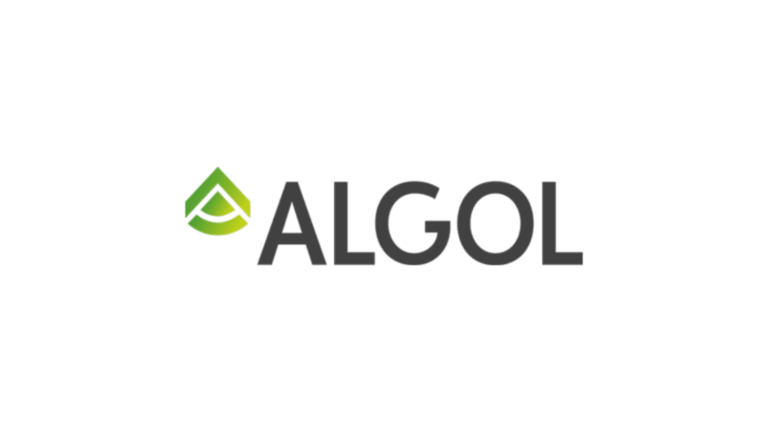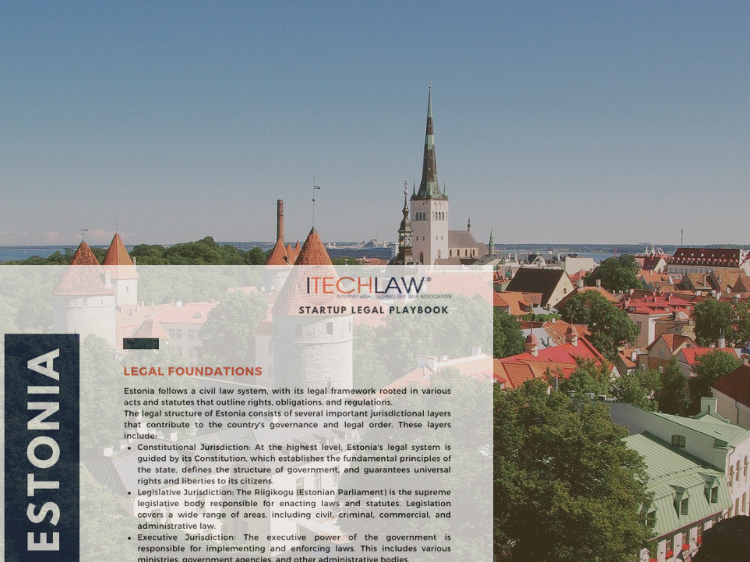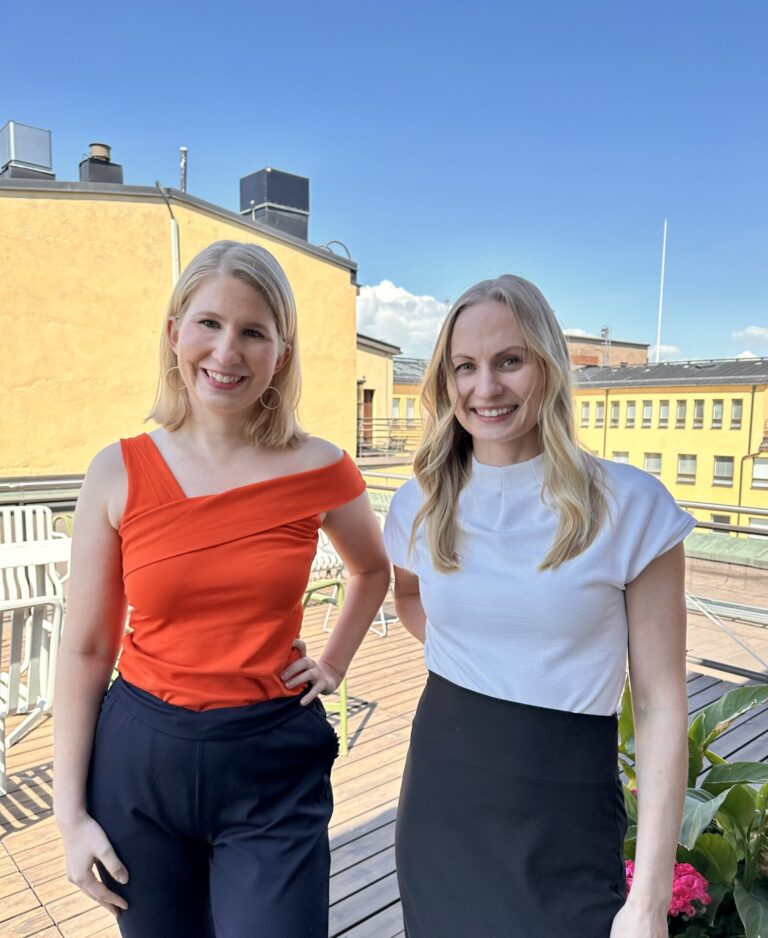
This newsletter covers the current and anticipated near future impacts of Covid-19 -coronavirus on employment regulations in Finland. The situation has been followed until 13.05.2020 at 14:00 am. and will be updated when relevant changes take place.
SUMMARY
By currently valid and binding decisions of the Finnish Government:
- Restaurants, bars and cafes will be granted direct partial compensation for salary payments and lost revenue;
- Small and midsize companies and entrepreneurs are entitled to financial support by government’s bank guarantees and direct grants. Moreover, government is considering to return Q1 VAT payments as debt;
- Employers’ pension payments are reduced by 2,6%-points during 1.5-31.12.2020;
- Besides employees, also entrepreneurs are entitled to unemployment benefits starting from 8.4.2020;
- Restaurants, nightclubs and pubs are not allowed to serve in the premises until 31.5.2020. Take-way sales are still allowed;
- Finnish borders are closed until 14.6.2020. As of 14.5.2020, the statutory restrictions on border traffic will be lifted in cross-border traffic across the Schengen internal borders by allowing employment or commission-related commuting and other essential traffic;
- Amendments to employment legislation has been implemented, such as lay-off notice period from 14 days to 5 days and the negotiation periods mandatory by the Act on Co-operation within Undertakings from 14 days and 6 weeks to 5 days both;
- The segregation of province Uusimaa, i.e southern Finland has been cancelled per 15.4.2020 and normal movement is allowed. However, government recommends to avoid unnecessary travelling in the country;
- Public gatherings of more than 10 persons are currently forbidden. Beginning from 1.6.2020 the restriction on gatherings of more than 10 people will be replaced by a restriction on gathering of more than 50 people. Large public gatherings with more than 500 persons are forbidden at least until 31.7.2020; and
- Companies can postpone annual general meetings until the end of September 2020, remotely held meetings in listed companies are allowed and facilitated.
Temporary limitations for creditors to file debtors to bankruptcy and Reliefs for debtors in the execution process have been implemented.
Moreover, the Finnish Government has earlier implemented several employment related recommendations, including recommendation to work from home if possible.
In addition to legislative amendments by the Finnish Government, labor market organizations in most industries have already earlier implemented amendments to the employment regulation by joint collective agreements.
Labor market organizations have also jointly agreed that the current Covid-19 crises may constitute grounds for article 60 § of the Cooperation Procedure Act allowing to override the obligation for negotiations with the employees prior to temporary dismissal, in the event of abrupt and powerful reduction in demand of company´s products and services.
FINANCIAL SUPPORT FOR SMALL AND MID-SIZED COMPANIES
Restaurants, bars and cafes
EUR 1000 one-time salary compensation per each employee:
- Conditions: up to 800 employees per company provided that the employee has been working in the company fulltime before the current Covid-19 related restrictions and receives at least a salary of EUR 2500 in total from the following 3 months after cancelling the restrictions. By application to the local Centres for Economic Development, Transport and Environment.
- How to apply: application process not started yet.
One-time direct compensation of lost revenue up-to EUR 500 000:
- Conditions: up to EUR 500 000 in the amount corresponding 15% of the lost sales in April compared to January-February average monthly sales, when the average monthly sale was <1mEUR and 5% from the first euro exceeding 1mEUR losses.
- The possible financial support received from the Centre for Economic Development, Transport and Environment or Business Finland based on the Covid-19 epidemic will be reduced from the amount of the total compensation.
- How to apply: no application needed, to be paid automatically in near future without application in accordance with the tax information.
Small and midsized companies and entrepreneurs are currently entitled to the following financial support (note: the conditions for the support are currently in reconsiderations and likely to be amended):
Single-entrepreneurs
EUR 2000 direct grant:
- Conditions: single-entrepreneurs regardless of legal entity form can apply for one-time EUR 2000 grant if the single-entrepreneur has no employee working more than 30 hours per week.
- How to apply: from local municipalities.
Companies with less than 5 employees not falling within the scope of single-entrepreneur
EUR 0–10 000 direct grant for conducting a situation analysis:
- Who can apply: companies employing maximum of five persons can apply for so called situation analysis grant for salary costs in the maximum amount of EUR 10 000.
- How to apply: from local Centres for Economic Development by submitting application as instructed here.
EUR 0–100 000 direct grant for carrying out development measures:
- Who can apply: companies employing maximum of five people can apply for so called development measures grant for salary payments and external services and expert costs and raw materials and semi-finished products related to product development.
- How to apply: from local Centres for Economic Development by submitting application as instructed here.
- Ely Centre
Companies with 6-250 employees or maximum EUR 300 million yearly revenue
EUR 0–10 000 direct grant for preliminary funding:
- Who can apply: companies with 6-250 employees and maximum EUR 300 million yearly revenue can apply for preliminary funding in the maximum amount of EUR 10 000 for investigating and planning new business, alternative subcontracting chains, and ways to organize production during and after the disruption caused by the coronavirus.
- How to apply: from Business Finland by submitting application here.
EUR 0–100 000 direct grant for development funding:
- Who can apply: companies with 6-250 employees and maximum EUR 300 million yearly revenue can apply for development funding in the maximum amount of EUR 100 000 to carry out development plans, as identified in an exploratory study or otherwise in their operations, in order to improve their potential for success during and after the disruption caused by the coronavirus.
- How to apply: from Business Finland by submitting application here.
State guaranteed loan for all companies and entrepreneurs
- The state financial institution Finnvera grants 80% bank guarantees for companies and entrepreneurs up to 1MEUR loans and companies having operated more than 3 years can apply for 100% guarantee up to EUR 150 000 loans. Moreover, Finnvera grants reliefs for its current debtors such as instalment-free months.
- Who can apply: all companies and entrepreneurs.
- How to apply: via your bank granting the loan to be guaranteed.
Other
- The Finnish government is considering to return Q1 VAT-payments as debt with 3% interest.
- Employers’ pension payments are reduced by 2,6%-units during 1.5–31.12.2020.
RESTRICTION MEASURES AND OTHER TEMPORARY LEGISLATION
Government’s initial plan to gradually remove the lock-down announced 6.5.2020
The Finnish government announced on 6.5.2020 decision that in principle the current lockdown will be gradually lifted as decided in the near future so that the only restrictions remaining would be:
- Ban of major public events;
- Ban of risky restaurant activity such as nightclubs;
- Travel ban from high risk countries;
- Quarantine of risk groups; and
- Maintaining good practices preventing the virus from spreading, such as personal distance.
Current travel restrictions in and out from Finland
Allowed travelling inside the Schengen Area:
- Business travelling as of 14.5.2020 by the decision of the Finnish government on gradual lifting of the lock-down;
- Residents or Finnish citizens returning to or exiting Finland;
- Non-residents or citizens of other countries exiting Finland;
- Necessary travelling as interpreted by the border control, mostly related to essential functions of the society. Other travelling inside the Schengen Area, such as tourism, is forbidden until 14.6.2020 (likely to be extended);
- Allowed travelling outside the Schengen Area: Residents or Finnish citizens returning to Finland;
- Non-residents or citizens of other countries exiting Finland; and
- Necessary travelling as interpreted by the border control, mostly related to essential functions of the society.
Other travelling to and from non-Schengen countries, such as business travel and tourism, is forbidden until 14.6.2020 (likely to be extended). Moreover, persons travelling to Finland are always subject to so called self-quarantine where travelling is allowed only between home and workplace.
Current travel restrictions inside the Finnish borders
The segregation of southern Finland has been cancelled as of 15.4.2020 but unnecessary travelling inside the Finnish borders is still recommended to be avoided.
Option to postpone annual general meeting
Annual general meetings can be held by the end of September 2020 (normally obligatory to organize not later than 6 months from the end of the financial year).
Publicly listed companies can decide that the shareholders can participate only via a remote connection or through an authorized independent representative appointed by the company. A number or special rules are included in the temporary rules to facilitate exercising of shareholder rights, when these restrictive rules are applied.
Amendments to the insolvency proceedings
Amendments to Bankruptcy Act lifting the threshold for filing company bankrupt have been implemented to the legislation. Normally, a company is deemed insolvent and shall be filed bankrupt from application to district court, if the company has not satisfied indisputable claim for debt received via court with reference to bankruptcy filing within 7 days from receipt and until the district court rules the company bankrupt. By the proposed amendments, the company shall not be deemed insolvent and filed bankrupt if the failure in satisfying the claim for debt is likely caused by the Covid-19 pandemic.
Moreover, the new amendment to enforcement code allows the execution officer to postpone the claimed enforcement of valid judgement and grant 6 months´ due date (instead of current 3 months) due to Covid-19 pandemic related reasons. The rationale behind the amendment is to allow longer period for the debtor to balance its financial position and satisfy the valid judgment voluntarily.
Both amendments are intended to be in force until 31.10.2020.
In addition, the ministry of justice is currently considering reliefs to companies’ qualifications for restructuring process, in which companies’ debts can be cut in order to avoid bankruptcies.
Closure of cafes and pubs
The Finnish government has decided that all restaurants, cafes and pubs are not allowed to serve in the premises between 4.4.2020–31.5.2020 but take-away service is still allowed.
Amendments to employment legislation as of 1.4.2020
Based on labor market organizations’ proposed crisis package on 20.3.2020, the Finnish government has implemented following amendments to the employment legislation (enforced by the parliament and valid from 1.4.2020):
For employers within the scope of Cooperative procedures (20 or more employees) 5+5+5 calendar days Cooperative procedure model for lay-off process including:
- Negotiation proposal to employees or their representatives 5 days before the start of the negotiations;
- 5 days negotiations (instead of 14 days or six weeks, applicable also to negotiations started before 1.4.2020); and
- 5 days lay-off notice period (instead of 14 days).
For employees not within the scope of Cooperative procedures (less than 20 employees) or employees invoking to Act on Co-operation within undertakings exception rule 60 § lay-off allowed by 5 days lay-off notice (instead of 14 days) period and prior advance explanation and hearing.
Possibility to lay-off also employees working for fixed term.
Possibility for termination with immediate effects by productional and economical grounds also in probation period.
Obligation to re-hire dismissed employee prolonged from 6 to 9 months if the employee was dismissed between 1.4–30.6.2020.
Please note that overruling regulation might be implemented in relevant collective agreement by the labor market organizations.
Amendments to labor market organizations collective agreements
In several industries labor market organizations have implemented corresponding and overruling regulation already earlier by amending collective agreements.
Please always review your collective agreement before executing the above-mentioned amendments.
Currently valid mandatory orders by the Finnish Government effective from 18.3.2020
Public sector´s employees s shall work remotely if the nature of the work so allows. Several provisions of the employment regulation are not be applied to those employees in public and private sector working in critical functions.
Public gatherings are reduced to 10 persons.
On 22.4.2020 the Finnish government ruled that public gatherings of 500 persons are forbidden at least until 31.7.2020.
Currently valid recommendations by the Finnish Government on 12.3.2020
On 12.3 2020, the Finnish Government gave the recommendation that all employers shall prioritise remote work if possible, meaning de facto that employees can choose to work remotely if possible by invoking into this recommendation.
Relevant other employment regulation triggered by Covid-19
The current state of emergency has triggered the following existing regulation:
- In case the coronavirus prevents working, the employer is obliged to appoint the employee to work on other work task under the contract, if the employee is not sick or ordered to be on quarantine. In this case the employer shall pay the salary as usual.
- If the employee is ordered to be isolated by an authority based on the Act on Infectious Disease, he/she is entitled to a Kela´s daily Infectious Disease Allowance. The daily Infectious Disease Allowance is equal to amount of loss of earnings. To the extent the employer has paid the sick pay to the employee, the daily Infectious Disease allowance is paid to the employer.
- The labor market organizations have agreed that the current Covid-19 pandemic may constitute grounds for article 60 § of the Cooperation Procedure Act allowing to override the cooperation process and negotiations with the employees prior to temporary dismissal, in the event of abrupt and powerful reduction in demand of company´s products and services. However, the evaluation must be done case by case. Moreover, the negotiations must be carried after the exceptional circumstances no longer exist. In addition to temporary dismissal, the employer is allowed to make changes to work tasks, working time arrangements, part-time work without prior collaboration negotiations.
- According to the Contracts of Employment Act 2:12.2 § employer may temporarily terminate payment of salaries by 14-days-notice period due to a force majeure event which fully prevents the employees from working. We believe the current Covid-19 crisis is such force majeure event.
Taxes
Companies and individuals can apply more payment time for the taxes from the Tax authority. For the taxes that are on the payment arrangement the rate of penal interest is proposed to be lowered from 7% to 4%.
Extra time for submitting income tax declaration can be applied.
Tax administration refrains from imposing penalty for late VAT-declaration.
Reliefs for qualifications of personal loan arrangement implemented.
Contact

Heikki Wide
Partner
Banking and Finance, Commercial, Corporate and M&A, Energy, Industrials
Send me an email +358 40 759 1591









